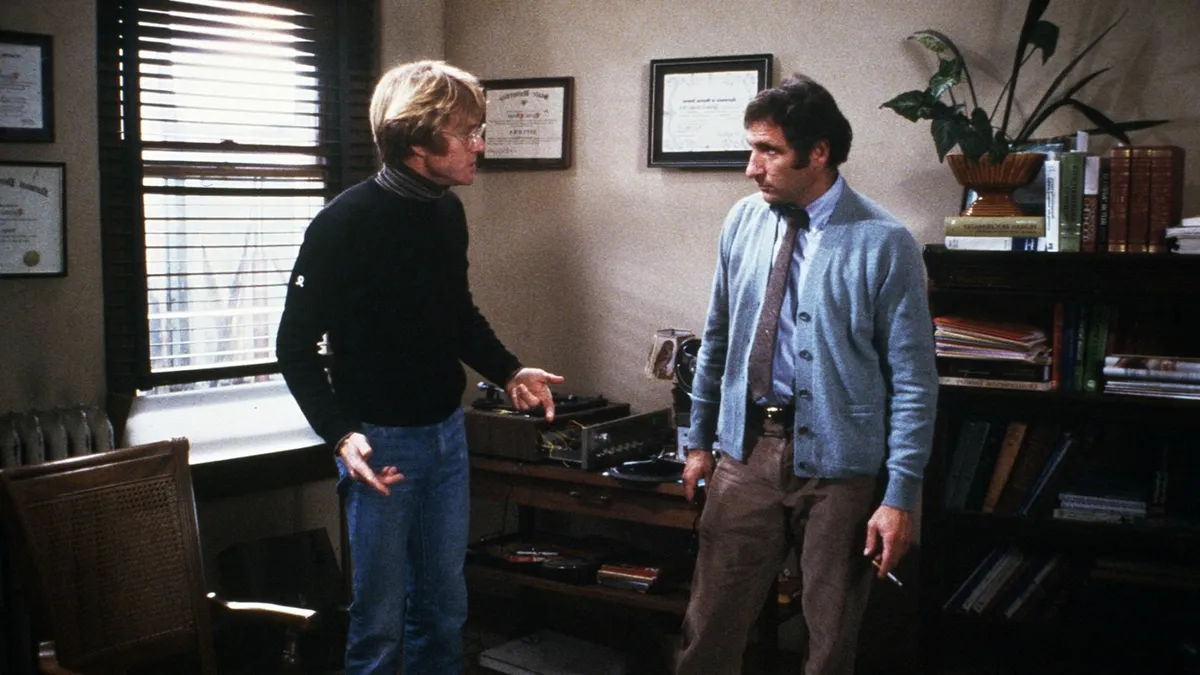
Now a legend in his own right, Judd Hirsch was an unexpected choice to star in the Best Picture winner of 1980. He was selected to portray Dr. Tyrone Berger in the directorial debut of one of Hollywood's biggest stars, Robert Redford. The film, Ordinary People, tells the poignant story of a family unraveling after the accidental death of one of their sons. This emotional drama would ultimately win four Academy Awards, including a nomination for Hirsch as Supporting Actor.
In a recent interview with Rolling Stone, Hirsch opened up about Redford's approachable directing style and shared his feelings on losing “one of the biggies.” He spoke highly of Redford’s commitment to honesty in acting, a principle that resonates deeply with Hirsch. “He only believed in being an honest actor, which is where I come from too,” Hirsch explained. “For me, it’s necessary for someone to do what they truly believe. Otherwise, we can see it. We can see it trying.”
Redford focused on the innocence of the dialogue, ensuring that his actors delivered authentic performances. Hirsch recalled how the director sought to eliminate anything that appeared contrived. “If I had an idea and something was more dramatic, he’d say, ‘No, just answer the question,’” Hirsch recounted. “That’s why you need a director. You can have ideas as an actor to enhance something, and a director says no.”
Hirsch elaborated on the process of stepping into the shoes of Dr. Berger, admitting that it took a considerable amount of time to grasp the character fully. “It took about a year – he had to rewrite or get it rewritten. He sent me the book, and I realized what the book’s about and what the character is,” he shared. The actor discovered that Dr. Berger was not just a therapist but a complex character who had his own struggles.
“When I read the book or even the script, I realized that the kid, in my estimation, was disappointed with his first interview with the psychologist,” Hirsch explained. “He would not come back. If he comes back, that would be the dramatic point.” This insight aligned with Redford’s vision, highlighting the importance of character development in the storytelling process.
During their discussions, Hirsch learned more about Redford's personal views on therapy. “He told me he had a couple of kids who went through therapy, and he never, ever agreed or liked it,” Hirsch recalled. “He just never thought that therapy did anything for his daughters or son.” This backdrop added depth to Hirsch’s portrayal of Dr. Berger, as the character sought to navigate the complexities of therapy despite Redford’s skepticism.
Reflecting on Robert Redford's career, Hirsch described how he changed the face of psychology in film. Although Redford never won an Academy Award for acting, he achieved great success in directing, culminating in the accolades for Ordinary People. “He was the kind of guy who said, ‘I hope people don’t think I’m just a good-looking guy,’” Hirsch noted, illustrating Redford's desire to be recognized for his talent beyond his physical appearance.
Hirsch also highlighted Redford's political awareness and concern for social issues, showcasing a man deeply engaged with the world around him. “He was very concerned with the country,” Hirsch reflected, demonstrating Redford's multifaceted personality.
In closing, Judd Hirsch expressed his profound sense of loss, stating, “I will miss him very much. We will all miss him.” He remarked on Redford’s lasting impact, noting, “This is one of the biggies. This is one of the guys you have to say, ‘We ran along with him.’” Hirsch emphasized the shared journey they had through the evolution of cinema, highlighting how Redford's work allowed audiences to engage with meaningful stories.